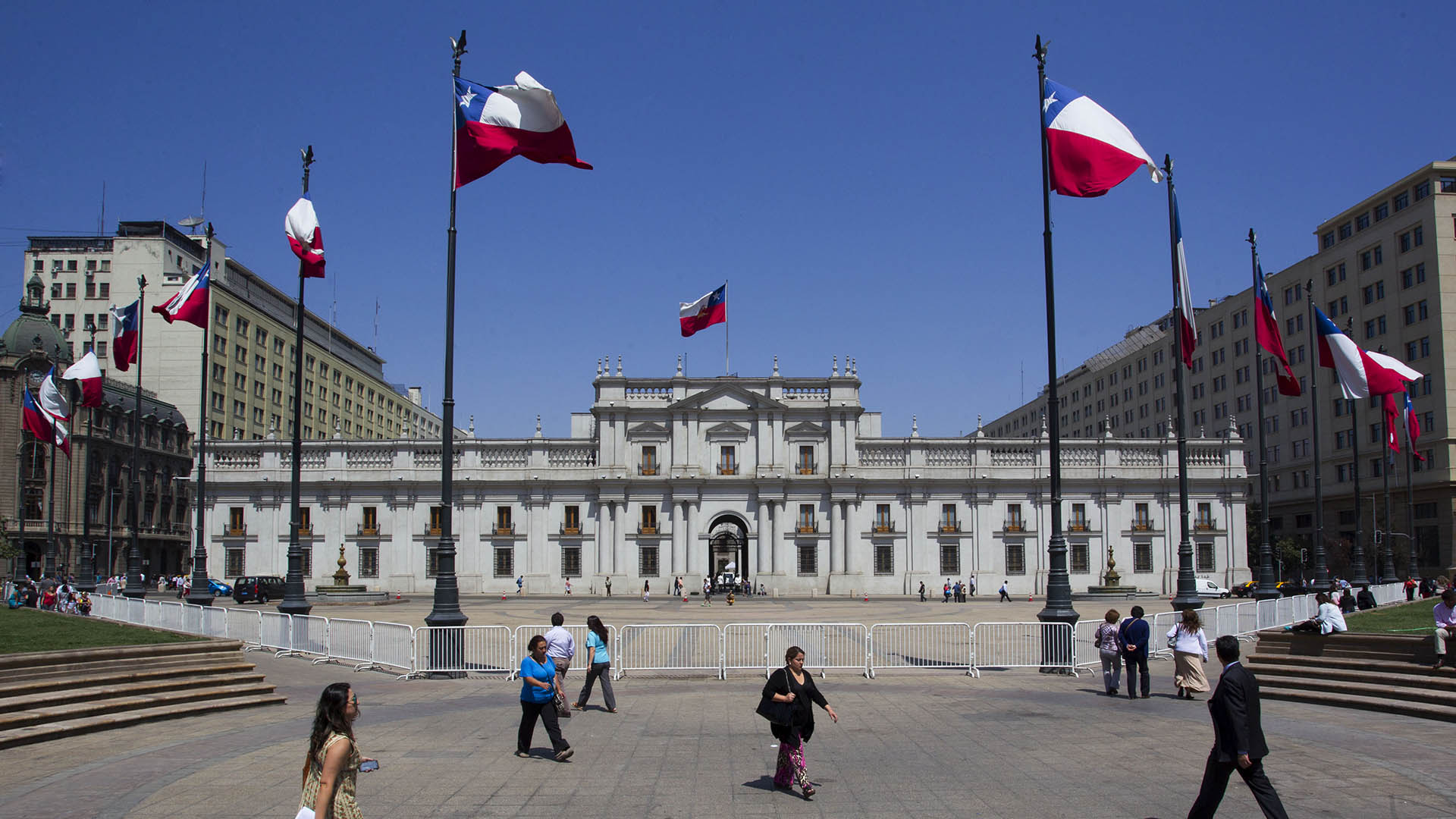Multinational corporations shifted $1 trillion in profits from the countries where their economic activity takes place to a small number of tax havens in 2016, depriving governments worldwide of more than $200 billion in tax revenues, a new study shows.
Research supported by the U.K.-based International Centre for Tax and Development found that multinationals headquartered in the United States and Bermuda used profit-shifting more “aggressively,” while lower-income countries suffered the most losses because of such practices.
The study was mainly based on corporate information released for the first time last year by the Organization for Economic Co-operation and Development, and only data from 2016 is available.
“It’s such a simple question: Where do [multinationals] pay taxes? And how much do they pay in low income countries?” said Petr Janský, an economist at Charles University in Prague, who co-authored the study with data scientist Javier Garcia-Bernardo.
The main issue at stake is not that “multinational corporations are benefiting from this tax avoidance scheme but that somebody is being harmed,” Janský said. “Somebody is losing out because of this.”
In 2017, the Paradise Papers investigation by the International Consortium of Investigative Journalists exposed the tax engineering of more than 100 multinational corporations, including Apple, Nike and Botox-maker Allergan. For instance, ICIJ documented how Apple found ways to keep tax rates ultra-low and accumulate a $252 billion mountain of cash offshore.
Janský said that the new study shows that those are not isolated cases.
Ten tax havens received most of the companies’ profits, according to the ICTD research. Those include three European countries ー Luxembourg, the Netherlands and Switzerland ー as well as the Cayman Islands, Singapore, Bermuda and Puerto Rico.
While African countries appear to be the most “vulnerable” to profit-shifting, the study shows how multinationals’ tax avoidance schemes also deprive high-income countries, such as the U.S., Germany and France, of financial resources. The two European countries are estimated to lose at least one quarter of their profit base to profit shifting, it said.
“Profit shifting is thus a phenomenon where the majority of countries lose,” the researchers wrote in the report.
The team used data from the U.S. revenue service and country-level information that corporations in more than 50 OECD member countries have agreed to report.
The new rule requires companies with more than $850 million in revenues to report how much they pay in taxes in individual jurisdictions and where they book income. The initiative is part of a coordinated effort to tackle tax avoidance by corporations and assess its global economic impact.
However, Janský said he was “disappointed” when he realized that only a few countries have actually collected and shared the information with the public. Some only provided aggregated data without providing details on multinationals’ tax payments and profit allocation at the country level.
In total, the OECD has released data on 4,000 multinationals headquartered in 26 jurisdictions and operating across more than 100 jurisdictions worldwide.
The researchers expect to have 2017 data in July.
In the meantime, they hope that policymakers will consider the new findings when discussing the introduction of a global minimum tax for multinationals. The initiative ー called ”the Paris climate accord of taxes” by Nobel Prize-winning economist Joseph Stiglitz ー has recently seen the support of U.S. Treasury Secretary Janet Yellen.
The OECD member countries are expected to reach agreement on the minimum tax reform by mid 2021.







